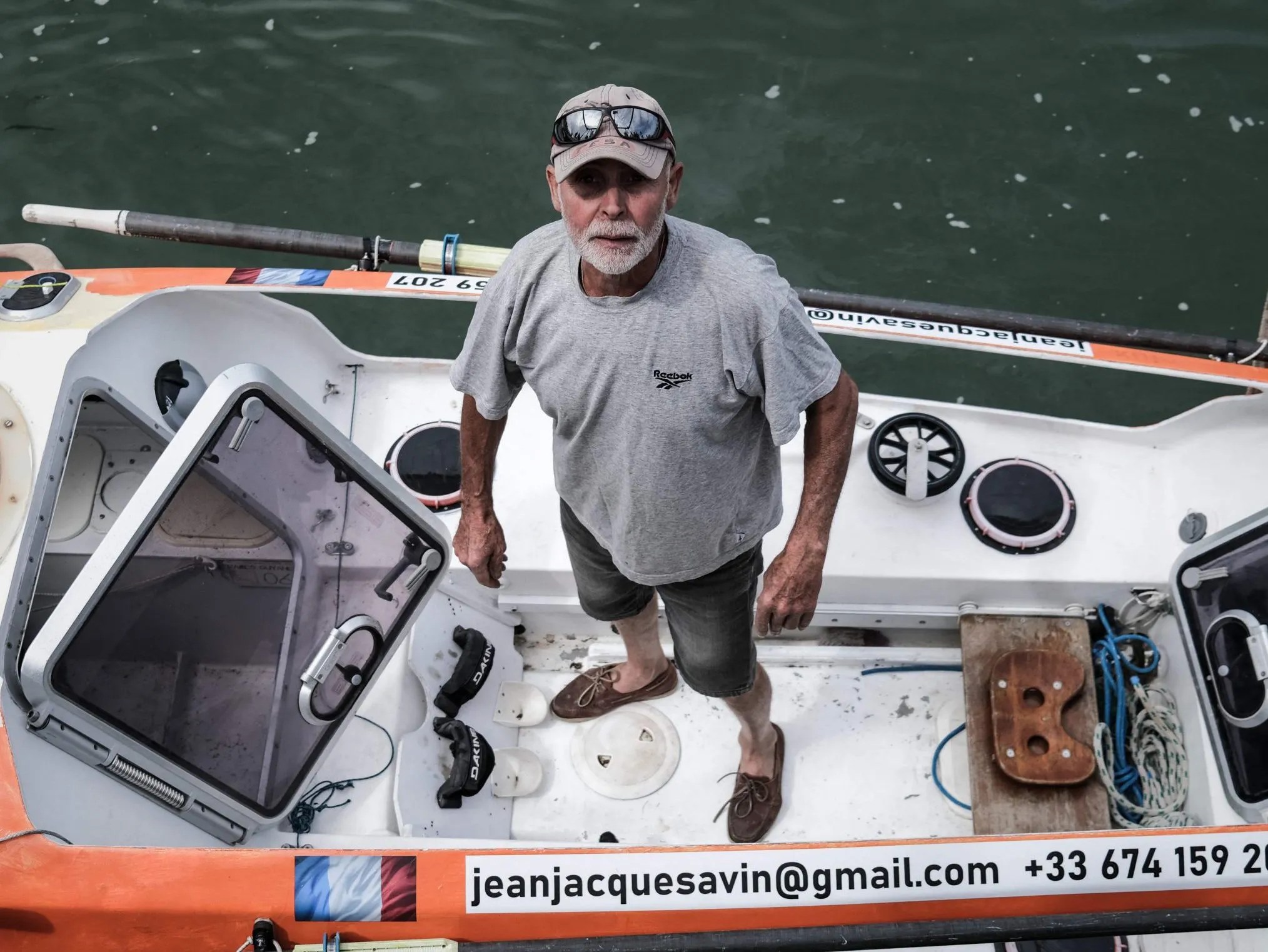Nigeria Abroad
Five Nigerian alumni of the Cuban education system have highlighted lessons their home country can draw from the interactive and practical mode of learning in the Caribbean country.
Among these alumni are four sportsmen and women and a medical doctor who have all returned home and recounted their experiences, shared lessons and spoken against the United States’ sanctions on Cuba.
They spoke with Nigeria’s Premium Times in Abuja on Friday at a roundtable discussion held at the Cuban embassy in Nigeria.
Aliyu Makpha, from Nasarawa State, who now works as a sports administrator at the Federal Ministry of Youth and Sports, studied under the bilateral exchange programme between Nigeria and Cuba.
He studied physical and health education at the International School of Sports in Cuba.
Mr Makpha noted that learning Spanish, a prerequisite for studying in Cuba, was not difficult. He said speaking the Hausa language was a plus because, like Hausa, Spanish is written the same way it is spoken.
“I had my primary and secondary education here in Nigeria; I was about to go to university when the scholarship came in. I went to Cuba through a bilateral education agreement to study Physical Health Education and Sports.
“Both countries are different in terms of cultural background and system of government, so we should expect that difference when it comes to education – the difference is there.
“Owing to Cuba’s communist ideology, education in the country is free,” Mr Makpha said.
“I am not saying that Nigeria’s education system is bad, but I think we can definitely borrow a few things from the Cuban system.
“Speaking of sports, which is my profession, there is a lot we can borrow from Cuba to improve our physical and health education curriculum because you know Cuba is one of the top sports countries in the world. Nigeria can become the best in Africa and the world.”
Mr Makpha said the Federal Ministry of Sports is looking to diversify its sports focus.
Amina Amanchi from Plateau State also studied at the International School of Physical Health Education and Sports in Havana and now works at the Ministry of Youths and Sports. She credited her athletic skills for paving the way for her to get to Cuba.
“I used to run, that is why my father suggested it to me when they were looking for people to go on a scholarship to Cuba.”
She also commented on the derogatory ways in which people who study physical education are addressed.
“Studying P.E in Nigeria is a bit discriminatory, I hear they call them jumpologists. But in Cuba, it is the other way around; sport is an integral part of their education. I was happy and proud when I went to study in Cuba.”
Speaking of the hospitality she received as a student in Cuba, Ms Amanchi said: “Of all the countries I have visited in the world, Cuba showed me the most acceptance and togetherness. They give you the team spirit you need for anything. I never experienced racism, wherever you come from, Cuba is just home.”
“The Nigerian education system can learn to be more interactive and less instructive like in Cuba,” Ms Amanchi said.
Read the full story in Nigeria Abroad



Connect with us on our socials: